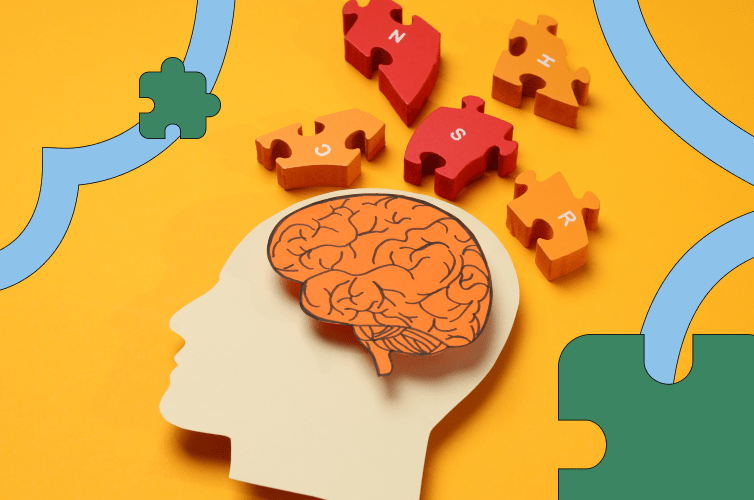The rise of online gaming has sparked considerable interest in understanding how gaming habits impact various aspects of behavior and development. This article delves into the behavioral patterns observed in online gamers, examining how playing habits influence social behavior, learning, and cognitive development.
Social Behavior and Online Gaming
Online gaming has created vibrant virtual communities where players interact, collaborate, and compete. These interactions can have both positive and negative effects on social behavior.
- Positive Social Interaction: Many online games, especially MMORPGs (Massively Multiplayer Online Role-Playing Games) like World of Warcraft and Final Fantasy XIV, encourage teamwork and cooperation. Players often form friendships and develop strong social bonds through shared experiences and goals.
- Communication Skills: Online gaming frequently involves communication through text or voice chat, which can enhance players’ communication skills. Gamers learn to articulate strategies, negotiate roles, and resolve conflicts, which can translate to improved social skills in real life.
- Social Anxiety: For some individuals, online gaming provides a safe space to interact without the pressures of face-to-face communication. This can be particularly beneficial for those with social anxiety, helping them build confidence in their social interactions.
- Negative Social Behavior: However, online gaming can also lead to negative behaviors such as cyberbullying and toxic interactions. The anonymity of the internet sometimes encourages players to engage in harmful behavior without facing real-world consequences.
Learning and Online Gaming
Online games can be powerful tools for learning, offering immersive and interactive environments that can enhance various educational outcomes.
- Problem-Solving Skills: Many games require players to solve complex problems and think critically. Strategy games like StarCraft II and puzzle games like Portal challenge players to develop and apply problem-solving skills, fostering cognitive flexibility and strategic thinking.
- Multitasking Abilities: Fast-paced games, particularly those in the action and shooter genres like Fortnite and Overwatch, demand quick decision-making and the ability to multitask. Players must simultaneously manage resources, track multiple targets, and react swiftly to changing scenarios.
- Learning Motivation: Educational games and gamified learning platforms leverage the engaging elements of gaming to motivate learning. Games like Minecraft: Education Edition and Duolingo use game mechanics to teach subjects ranging from coding to languages, making learning enjoyable and effective.
- Persistence and Resilience: Gaming often involves facing and overcoming challenges. Players learn to persist through failures and develop resilience, skills that are valuable both in academics and life.
Cognitive Development and Online Gaming
The cognitive effects of gaming have been extensively studied, revealing both potential benefits and risks.
- Improved Cognitive Functions: Research has shown that playing video games can enhance various cognitive functions, including attention, spatial reasoning, and memory. Action games, in particular, are linked to improved visuospatial skills, which are crucial for tasks such as navigation and understanding complex visual information.
- Enhanced Attention and Focus: Gamers often exhibit superior attention and focus, particularly in environments with high stimuli. This enhanced attentional control can be beneficial in academic and professional settings where multitasking and sustained concentration are required.
- Risk of Addiction: Excessive gaming, however, can lead to addiction, characterized by compulsive playing despite negative consequences. Gaming addiction can interfere with daily life, affecting academic performance, work, and relationships. Recognizing and addressing this risk is crucial for maintaining a healthy balance.
- Impact on Sleep and Physical Health: Prolonged gaming sessions, especially late at night, can disrupt sleep patterns and lead to physical health issues such as eye strain and poor posture. It is important for gamers to manage their playtime and maintain healthy habits.
Behavioral patterns in online gamers reveal a complex interplay of influences on social behavior, learning, and cognitive development. While online gaming can offer numerous benefits, such as enhanced cognitive skills, improved social interactions, and innovative learning opportunities, it also poses potential risks, including addiction and negative social behavior.
Understanding these patterns helps players, parents, educators, and policymakers harness the positive aspects of online gaming while mitigating its adverse effects. By promoting responsible gaming habits and fostering a balanced approach, we can ensure that the world of online gaming contributes positively to personal and societal development.

